The relationship between Lelia, a light-skinned black woman, and Tony, a white man is put in jeopardy when Tony meets Lelia’s darker-skinned jazz singer brother, Hugh, and discovers that her […]
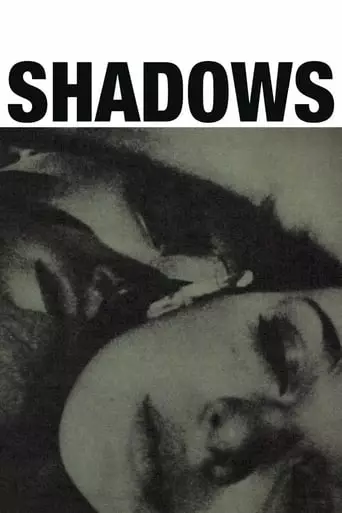
The relationship between Lelia, a light-skinned black woman, and Tony, a white man is put in jeopardy when Tony meets Lelia’s darker-skinned jazz singer brother, Hugh, and discovers that her […]
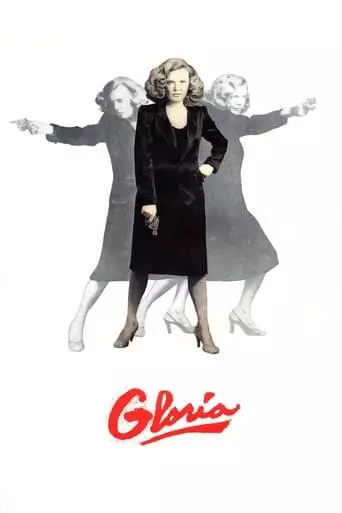
When a young boy’s family is killed by the mob, their tough neighbor Gloria becomes his reluctant guardian. In possession of a book that the gangsters want, the pair go […]
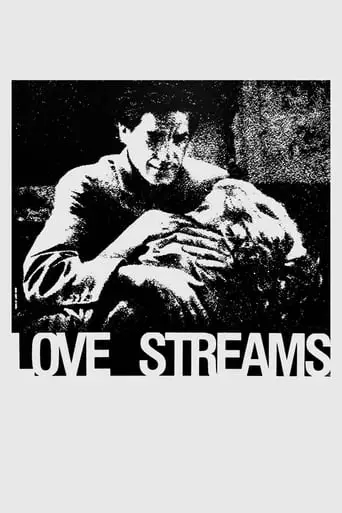
Two closely-bound, emotionally wounded siblings reunite after years apart. Love Streams is a profound exploration of human emotions, particularly love, loneliness, and the complex relationships that define our lives. Directed […]

Actress Myrtle Gordon is a functioning alcoholic who is a few days from the opening night of her latest play, concerning a woman distraught about aging. One night a car […]
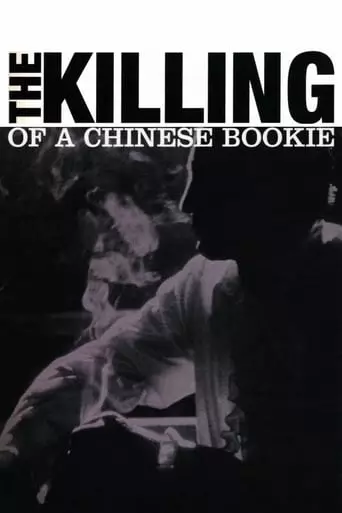
Cosmo Vittelli, the proprietor of a sleazy, low-rent Hollywood cabaret, has a real affection for the women who strip in his peepshows and the staff who keep up his dingy […]
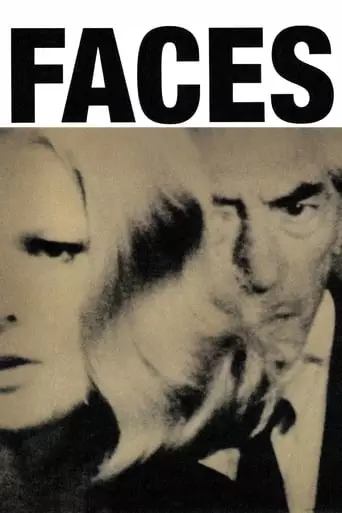
Middle-aged suburban husband Richard abruptly tells his wife, Maria, that he wants a divorce. As Richard takes up with a younger woman, Maria enjoys a night on the town with […]
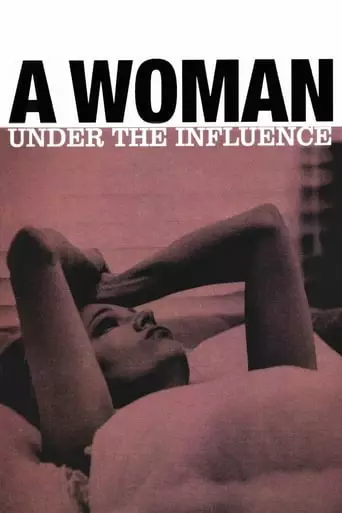
Mabel Longhetti, desperate and lonely, is married to a Los Angeles municipal construction worker, Nick. Increasingly unstable, especially in the company of others, she craves happiness, but her extremely volatile […]
John Cassavetes: The Father of American Independent Cinema
John Cassavetes was a pioneering filmmaker, actor, and screenwriter whose work reshaped the landscape of American cinema. Known for his raw, emotionally charged films that blurred the line between fiction and reality, Cassavetes is often regarded as the father of independent filmmaking in the United States. His deeply personal approach to storytelling, coupled with his commitment to artistic freedom, left a profound impact on generations of filmmakers.
Early Life and Career
John Nicholas Cassavetes was born on December 9, 1929, in New York City to Greek immigrant parents. Raised in a culturally rich environment, he developed a love for the arts early on. Cassavetes attended the American Academy of Dramatic Arts, where he studied acting, and later worked in theater and television before transitioning to film.
As an actor, Cassavetes gained recognition for his roles in films such as The Dirty Dozen (1967) and Rosemary’s Baby (1968). However, it was his passion for directing that defined his legacy.
A Visionary Filmmaker
Cassavetes’ films were a radical departure from the polished productions of Hollywood. His work emphasized improvisation, emotional authenticity, and a focus on human relationships. Key aspects of his filmmaking style include:
Character-Driven Stories: Cassavetes placed characters and their emotional journeys at the center of his films, often exploring themes of love, loneliness, and identity.
Improvisational Techniques: While his films were meticulously scripted, he encouraged actors to improvise, creating a sense of spontaneity and realism.
Low-Budget Production: Cassavetes financed many of his films independently, often using his own money and resources to maintain creative control.
Intimate Cinematography: His use of handheld cameras and close-up shots brought an immediacy and intimacy to his storytelling.
Notable Films
Shadows (1959)
Cassavetes’ debut feature is a landmark in independent cinema. Shot on a shoestring budget, Shadows tells the story of interracial relationships in 1950s New York. Its innovative use of improvisation and jazz-infused score captured the spirit of the Beat Generation and established Cassavetes as a bold new voice in filmmaking.
Faces (1968)
A searing exploration of a disintegrating marriage, Faces is a raw and unflinching portrayal of human vulnerability. The film’s documentary-like style and emotionally charged performances earned it three Academy Award nominations, solidifying Cassavetes’ reputation as a master of intimate drama.
A Woman Under the Influence (1974)
Starring Gena Rowlands, Cassavetes’ wife and frequent collaborator, this film is a poignant examination of mental illness and its impact on a working-class family. Rowlands’ tour-de-force performance and Cassavetes’ compassionate direction earned the film critical acclaim, including Academy Award nominations for Best Actress and Best Director.
The Killing of a Chinese Bookie (1976)
This gritty neo-noir follows a nightclub owner (Ben Gazzara) who becomes entangled in a dangerous criminal underworld. With its moody atmosphere and existential undertones, the film is a meditation on ambition, identity, and self-destruction.
Opening Night (1977)
A deeply introspective film, Opening Night stars Rowlands as an actress grappling with aging, fame, and her craft. The film’s exploration of the blurred boundaries between performance and reality reflects Cassavetes’ fascination with the human condition.
Legacy
John Cassavetes’ influence on cinema is immeasurable. His commitment to artistic integrity and his fearless exploration of human emotion laid the foundation for the independent film movement. Filmmakers such as Martin Scorsese, Richard Linklater, and Greta Gerwig have cited him as a major influence on their work.
Cassavetes’ films continue to resonate for their honesty, vulnerability, and timeless exploration of the complexities of human relationships. His dedication to authenticity and his belief in the transformative power of cinema remain an enduring inspiration.
Conclusion
John Cassavetes was a true maverick of American cinema, a filmmaker who rejected convention and embraced the messiness of life. Through his groundbreaking work, he proved that films could be both deeply personal and universally resonant.
Cassavetes’ legacy as the father of American independent cinema is a testament to his belief in the power of storytelling to illuminate the human experience. His films, with their raw emotion and unvarnished truth, continue to captivate and inspire, ensuring his place as one of the most influential filmmakers in history.